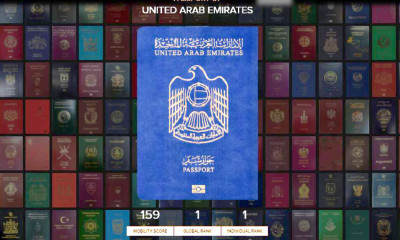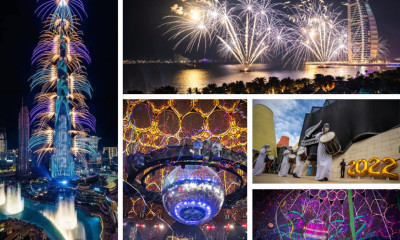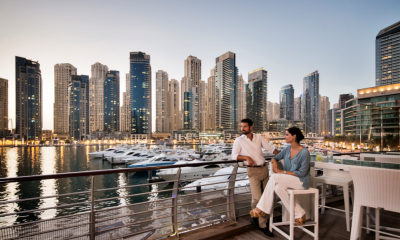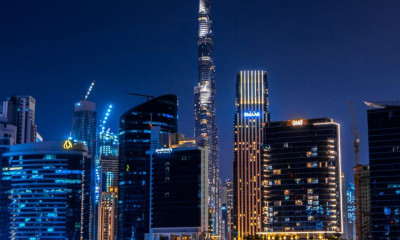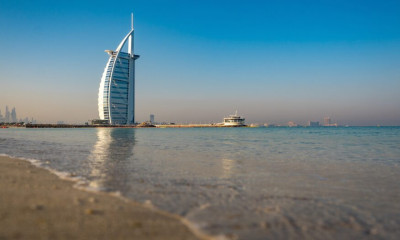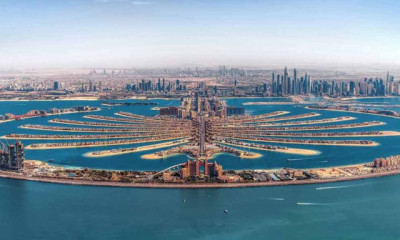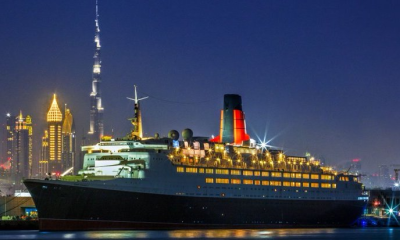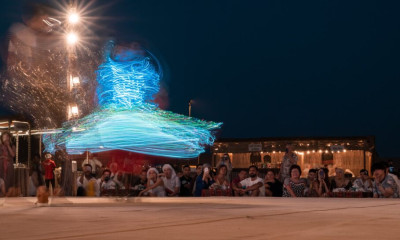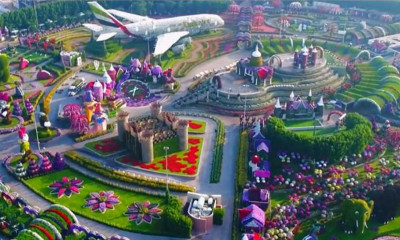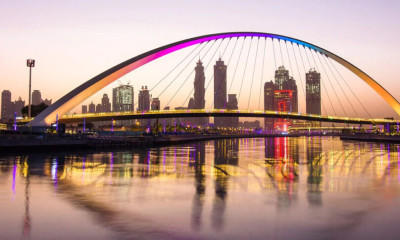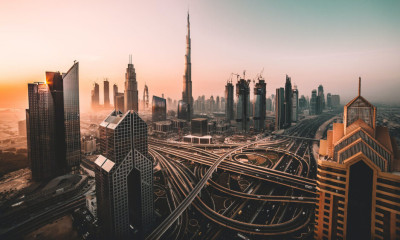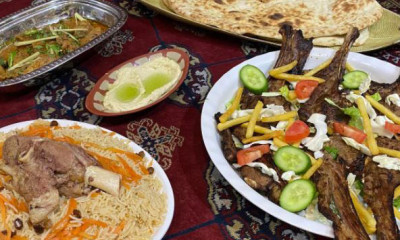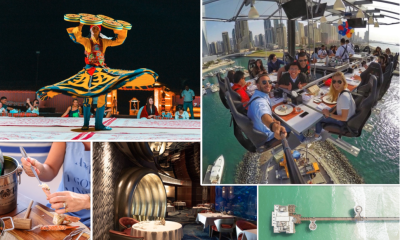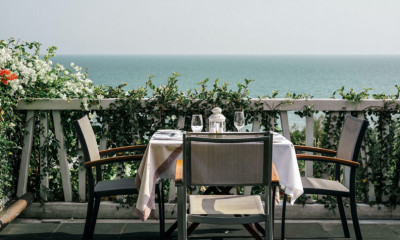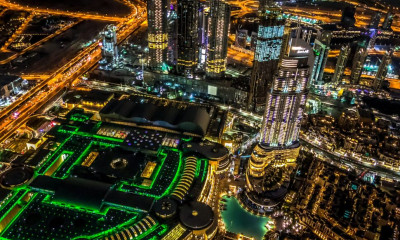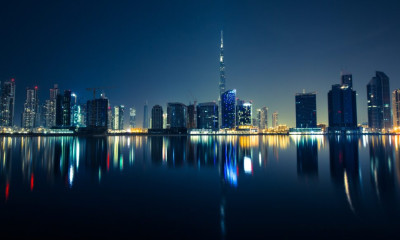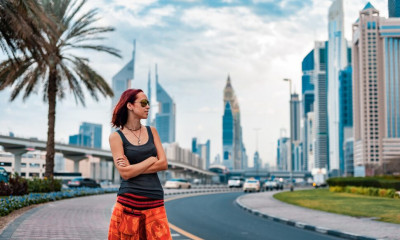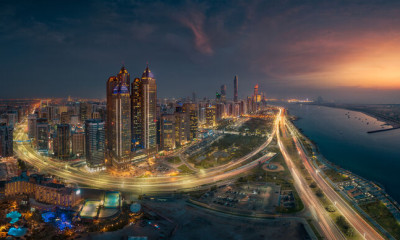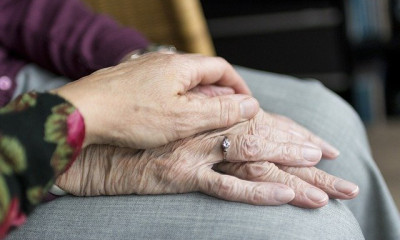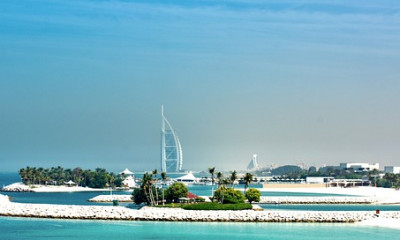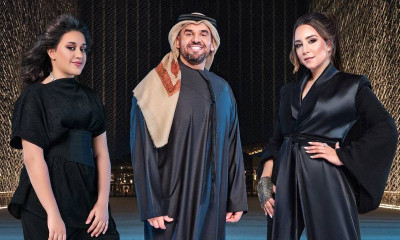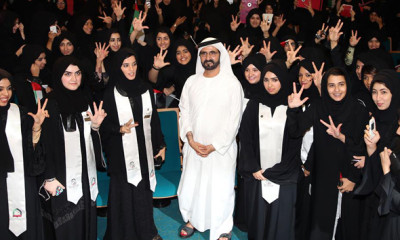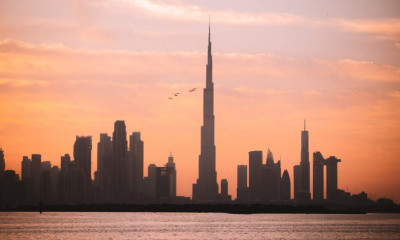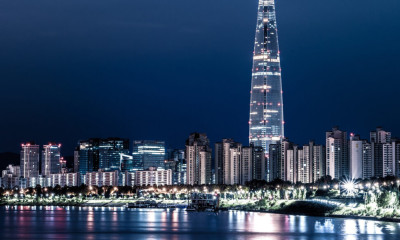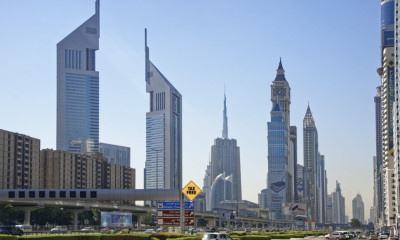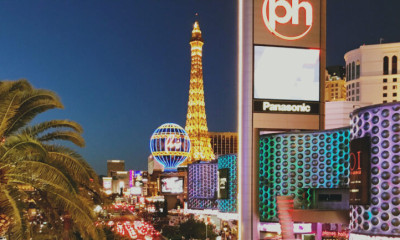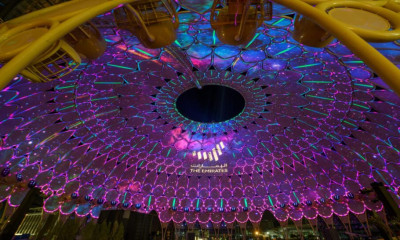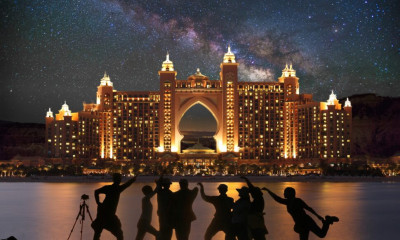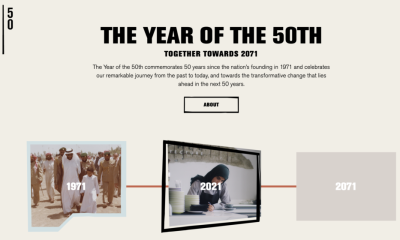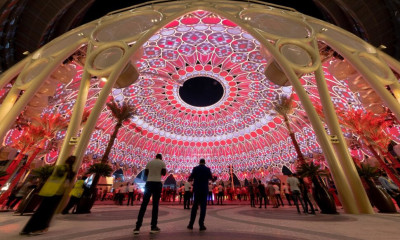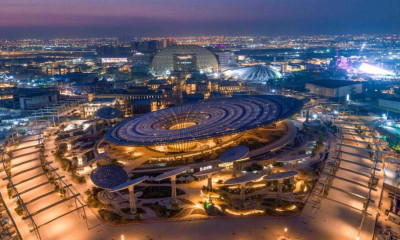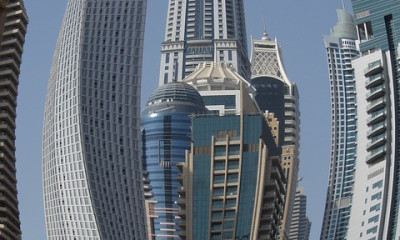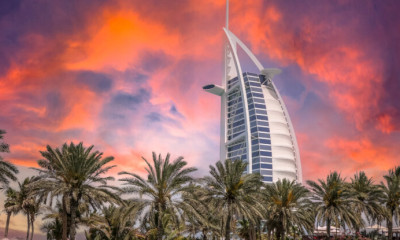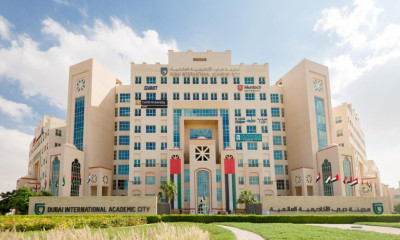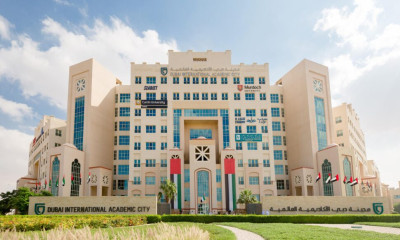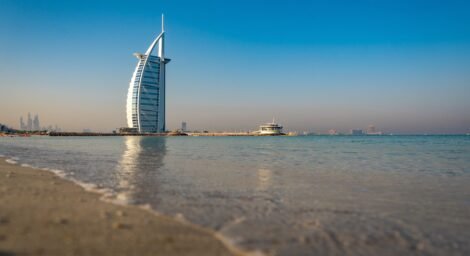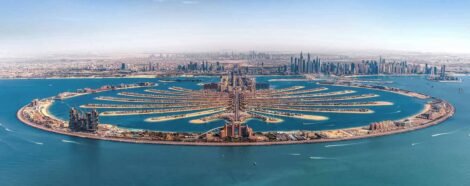
Israel’s creation came through the UN-voted division of the former British Mandate of Palestine after the end of World War II. The settlements built by Israel in the West Bank are home to about 500,000 people and are deemed to be illegal under international law.
Though 20 per cent of its land is naturally arable and it produces 95 per cent of its very own food requirements, Israel’s economy, with a population of 8.4 million and 3.5 million tourists/visitors, falls in the highly advanced free-market and primarily knowledge-based economy. It is also an industrialised country. Given the size of its GDP of US$394.65 billion in 2019, people here have a good lifestyle. The average salary is about US$2,572 per month, and the average income for a family with two wage-earners is approximately US$3,428 per month, according to its Central Bureau of Statistics. In the OECD Better Life Index, the country ranks above the average in jobs and earnings, personal security, health status, civic engagement, and subjective well-being, and below average in income and wealth, education and skills, housing, environmental quality, work-life balance and social connections. In terms of health, life expectancy at birth in Israel is 83 years, three years higher than the OECD average of 80 years. Interestingly, the average household net adjusted disposable income per capita is lower than the OECD average of US$33604 like the average household net wealth being less than US$408376, the OECD average.
For a variety of reasons and more specifically religious importance, a retirement in Israel is becoming an extremely attractive option for Jewish people. However, the process remains a bit complex. Aliyah, a Hebrew word meaning “ascent” is what Israel effectively promotes to encourage people coming here and becoming an Israeli citizen.
For a variety of reasons and more specifically religious importance, a retirement in Israel is becoming an extremely attractive option for Jewish people. However, the process remains a bit complex. Aliyah, a Hebrew word meaning “ascent” is what Israel effectively promotes to encourage people coming here and becoming an Israeli citizen. The Law of Return, an Israeli law passed in 1948, is only for people of the Jewish faith. The Arab population constitutes 21 per cent of Israeli citizens as of 2017. For the Aliyah process to begin, you need a passport, a birth certificate, proof of Judaism, a supporting statement from you about why you’d like to move, several completed forms and, in some cases, a letter of recommendation.
Then follows an interview with the Jewish Agency for Israel. If approved in the Aliyah process, acquiring a visa becomes fairly straightforward. New residents who have been approved to make Aliyah are entitled to benefits – financial, social and cultural, including subsidized rent after eight months, reduced municipal property taxes, discounted mortgage rates, favourable taxes on income earned overseas. In 2019, about 500 of 3,500 immigrants to Israel from North America were retirees. Over the past decade, more than 6,000 Jews from North America and Britain have retired to Israel. Significantly, 8,500 Jews live in Iran, 2,000 in Morocco and 1,000 in Tunisia; fewer than 500 in Syria, Egypt and Yemen. Fewer than two per cent of the world’s Jews live in Africa and Oceania.
Since the 1970 reform of the Law of Return, the ‘right of return’ has been extended to grandchildren of Jews too, and their nuclear families (even if not Jewish).
Israel is a society of immigrants and their offspring: 23 per cent of the Jewish majority as of 2018 was foreign-born, 32 per cent was comprised of the second generation (Israeli born to immigrant parents), and 47 per cent were third-generation (Israeli born to Israeli-born parents). Jewish immigrants arrived in a series of waves: the pre-state era (1880–1948), the first peak of mass immigration shortly after the establishment of Israel (1948–51), and a second peak, mostly from the former Soviet Union after its collapse (1989–95). A country of 4.5 million residents at the beginning of the 1990s, Israel took in nearly 1.1 million immigrants from the former Soviet Union between 1990 and 2018 – about 400,000 of whom arrived between 1990 and 1991).
Weather
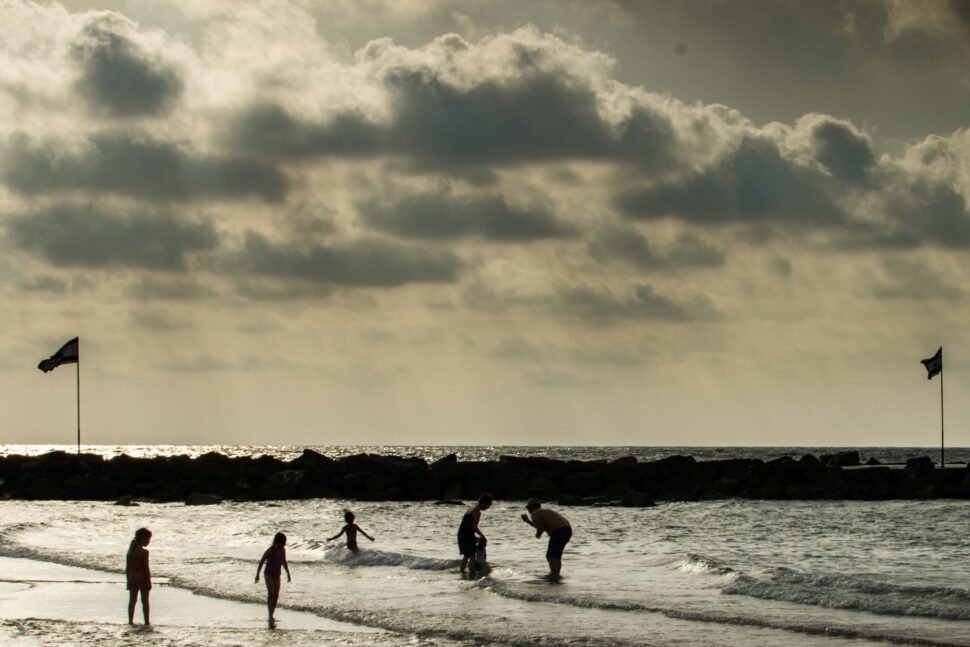
The country’s northern and coastal areas show a Mediterranean climate characterised by hot and dry summers and cool, rainy winters.
The rainy season extends from October to early May, and rainfall peaks in December through February. The country has two distinct seasons: a cool, rainy winter (October–April), and a dry, hot summer (May–September). Along the coast, sea breezes have a moderating influence in summer. July is the hottest month in Tel Aviv with an average temperature of 26°C (79°F), and the coldest is January at 12.5°C (55°F).
Cost of living
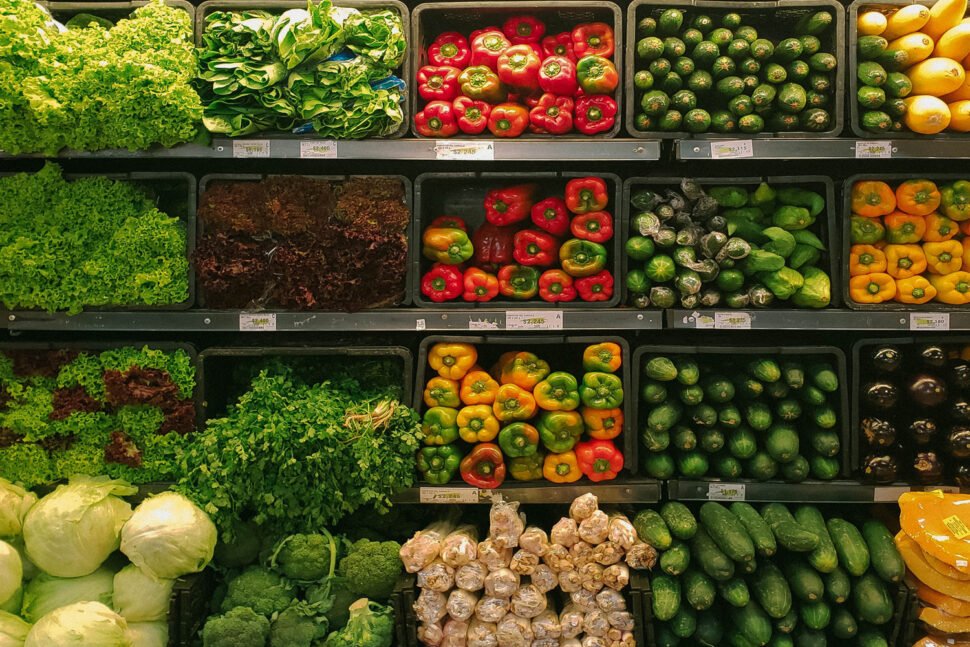
The average salary is about US$2,572 per month, and the average income for a family with two wage-earners is US$3,428 per month, according to the Central Bureau of Statistics. The cost of living here is 21.16 per cent higher than in the US (excluding rent).
The capital city, Tel Aviv, is the most expensive place for expats living in the Middle East. The average cost of living is US$1625 – 2.2 times more expensive than the world’s average.
The monthly cost of living in Haifa, the third-largest city after Jerusalem and Tel Aviv with a population of 285,316, for a family of two with a modest lifestyle had been about US$2805.
Connectivity

Currently, three international airports are operational in the country, all managed by the Israel Airports Authority. Ben Gurion serves as the main airport. In 2019, it handled 24.8 million passengers and 168,000 flights. According to a report in The Jerusalem Post, 2.32 million people passing through Ben-Gurion Airport in 2019 had travelled to and from Turkey, representing 9.67 per cent of all passengers. Other leading countries ranked by passenger traffic include the US (1.82 million), Italy (1.53 million) and France (1.52 million). Leading destinations were Istanbul, Paris, Rome and Moscow. Israeli airlines, including El Al, Israir and Arkia, carried 30.63 per cent of all passengers in 2019. The airport has approved plans to expand Terminal 3 by adding 86 check-in counters, constructing a fifth departure concourse and implementing a new baggage-sorting system. Direct flights from Tel Aviv to new destinations are Brazil and Chile (LATAM Airlines), Chicago and Las Vegas (El Al Airlines), Seychelles (Seychelles Airlines), Air Rwanda and others. El Al launched a direct route to Tokyo in 2020 and American Airlines resumed business with non-stop flights to Dallas.
Healthcare

Healthcare is universal and participation in a medical insurance plan is compulsory. All residents are entitled to basic healthcare as a fundamental right. Israelis can increase their medical coverage and improve their options by purchasing private health insurance. Since 1995, the National Health Insurance (NHI) law has ensured universal coverage for citizens and permanent residents. Overall, the healthcare system is quite efficient. The country also has more than 25 years of longitudinal digital medical records from its population.
Taxation

Residents have to pay personal income tax, social security tax, health tax and capital gains tax on a universal basis. Under the tax regime, residents are subject to tax in the country on their worldwide income. The primary law on income taxes is codified in the Income Tax Ordinance. Since January 2016, the corporate income tax is 25 per cent -1.5 per cent decrease from its former rate.
Tourism

Israel and the Palestinian Territories have several world’s famous historic attractions– considered a place of pilgrimage by Christians, Jews and Muslims. Other than taking trips to churches, synagogues and mosques, visitors can visit the Dead Sea – the Earth’s “lowest” point, a mineral-rich and overly salty sea. Galilee is the region for those who want to hike. Filled with history and legends, Jerusalem, the seat of government. The Temple Mount complex here includes the Dome of the Rock, the Western Wall, Al-Aqsa Mosque and the Church of the Holy Sepulchre. Fabulous museums also adorn the city. Haifa is a lovely northern city to explore.
Tel Aviv, the capital city is all modern in every aspect of life and, with 2.5 million Jews, is the world’s largest Jewish city.
Given its geographical location, the cuisine is typically Middle Eastern and Mediterranean – olives and olive oil, chickpeas, fava beans, couscous, bulgur, lentils, goat cheese, saporous tomatoes, aubergines, zucchini, avocados, mangos, dates, ambrosial Jaffa oranges, lemons, grapefruits, grapes, figs and pomegranates.
Spices like cumin, zaatar, turmeric, sesame seeds, ginger, cinnamon, nutmeg, aniseed and saffron and herbs like rosemary, mint, sage, thyme, oregano, lemon verbena, fennel and bay leaves make the cuisines stand out. Hummus is a Levantine spread usually prepared of mashed chickpeas. Masabacha is a version of hummus. Falafel balls are made of deeply fried chickpeas, fava beans or both. Falafel is often wrapped in a pita sandwich or eaten alone as an appetizer. Observant Jews will eat only meat or poultry that is certified Kosher, a term used to describe food that complies with the strict dietary standards of traditional Jewish law. However, not all Jewish communities adhere to strict kosher guidelines.
Crime

In the country, the homicide rate is relatively low: In 2015, there were 2.4 people killed per 100,000 inhabitants (in Switzerland the number is 0.71, in Russia, it is 14.9, in South Africa, it is 34, in Venezuela it is 49). In 2009, 135 people were murdered in Israel. The security environment in Israel, the West Bank and Gaza is complex, and tensions remain high.
In 2019, there were nine assassination attempts related to the criminal organizations, including two car bombs and seven shootings. Parked vehicle break-ins are common at public beaches, parks, and other touristic sites. Vehicle theft also occurs. Violent confrontational crime is uncommon, typically limited in severity and confined to specific high-crime areas. Petty theft is common and occurs in crowded tourist locations, including Jerusalem’s Old City and Tel Aviv. Home burglaries, vandalism and theft of personal belongings are a concern. Financial crime and fraud schemes are common.
Quality of life

Israel ranks above the average in jobs and earnings, personal security, health status, civic engagement, and subjective well-being, and below average in income and wealth, education and skills, housing, environmental quality, work-life balance, and social connections. The country has one of the highest life expectancies at birth in the world, ranking eight out of 224 nations, with an average life expectancy of 80.73. However, Israel’s Arab population has a life expectancy of 75.9 years for males, and 79.7 years for females. The general life satisfaction index is very high –89 per cent of Israelis aged 20 and up are satisfied with their lives. Kfar Saba leads the Israeli cities offering the best standard of living according to the Central Bureau of Statistics. It leads in most quality-of-life indicators compared to the other 16 large cities in the country.
Government
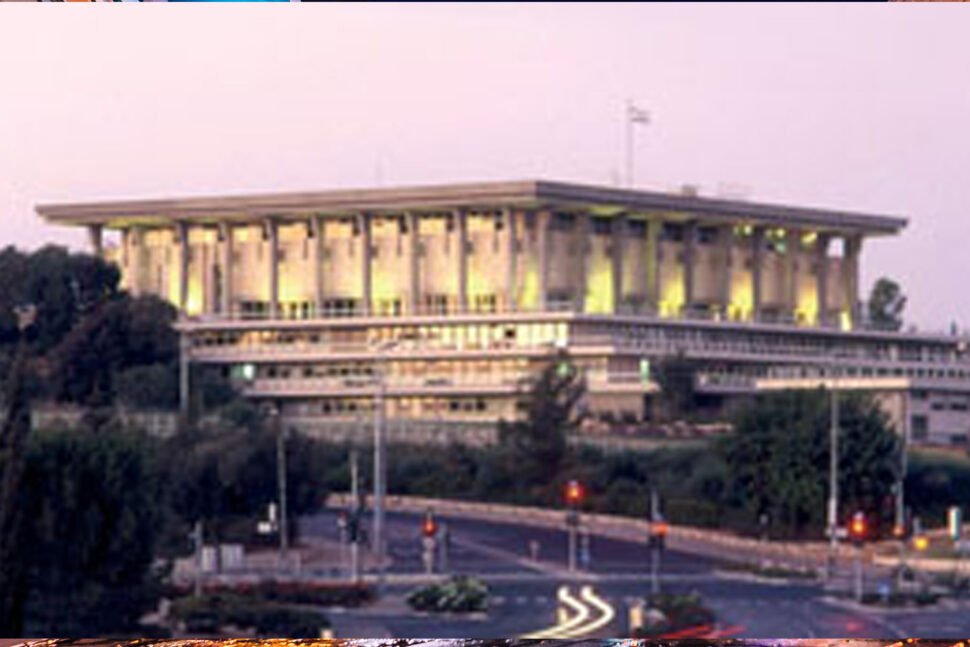
Experts say Israel’s government is fairly stable compared to what other democracies have been experiencing over the past decade. In terms of political stability and absence of violence/terrorism, the percentile rank in Israel has been reported at 19.05 per cent in 2019, according to the World Bank collection of development indicators, compiled from officially recognised sources in January 2021.
Economic stability
The country’s economic freedom score is 74, the 26th freest in the 2020 Index by the US-based Heritage Foundation. Its overall score has increased by 1.2 points, with a notable gain in the score for government integrity. The Israeli economy has risen higher in the mostly free category for the third year in a row. The Index had a 66.1 score in 2001. The country has a skilled workforce and concentration of venture capital allow the country to lead in innovative industries such as high-tech, clean-tech and the life sciences.




